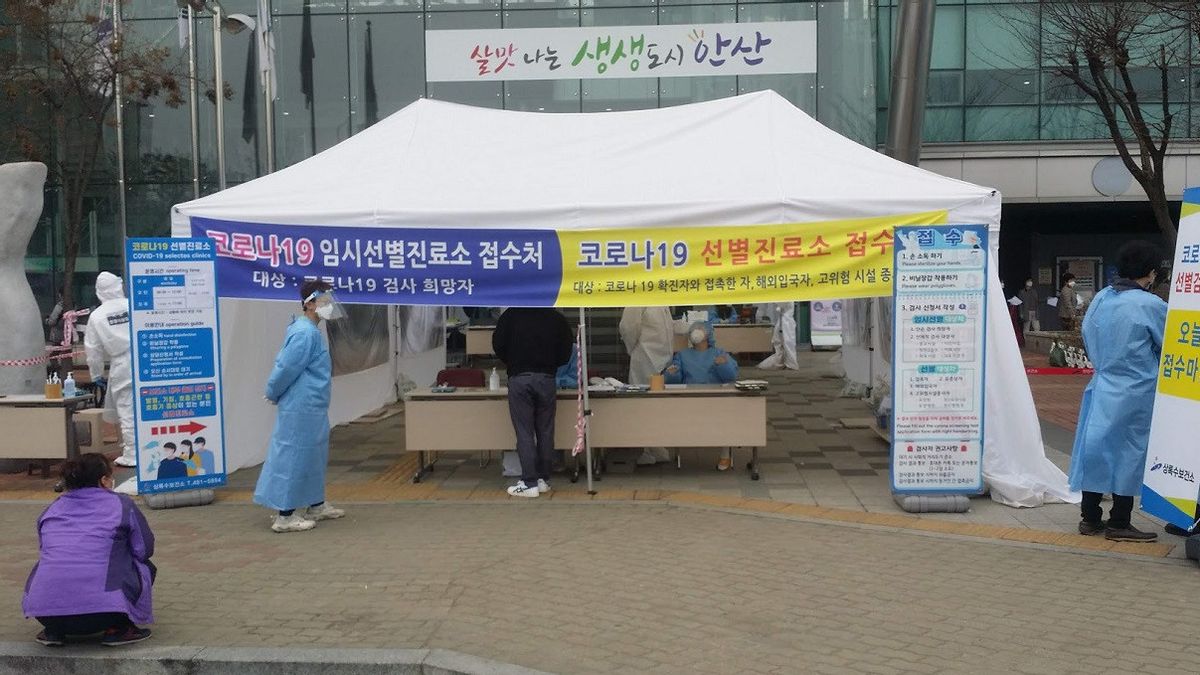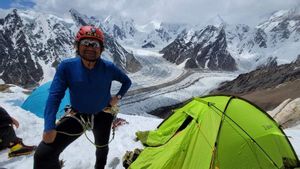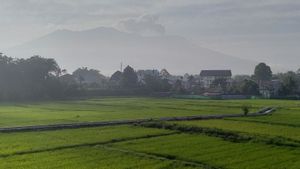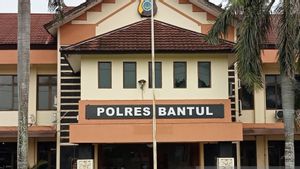JAKARTA - A South Korean hospital has upgraded its COVID-19 testing booth to a mobile contactless clinic that can test people and enable telemedicine for basic care.
Hallym University Sacred Heart Hospital said it had developed a one-stop clinic, to protect staff and relieve them of the burden of wearing full-body protective equipment while providing services.
Patients enter a closed room automatically, to reduce the spread of pathogens. Nurses reach patients through windows equipped with rubber gloves, while doctors can talk remotely via a video system.

Previously, patients with fever or respiratory symptoms had to wait hours to gain access to a doctor.
"It is very difficult for people with fever or respiratory symptoms to receive professional treatment due to COVID, and we can solve such problems using video chat," said Lee Me-yeon, director of Hallym University Medical Center.
"It is difficult to see and hear patients clearly with full protective equipment," he continued regarding the difficulty of health workers if they had to always wear full personal protective equipment.

The minimum number of nurses, such as Joung Eun-sol, is required on-site for basic COVID-19 testing or temperature checks. And they no longer need to wear Level D protective gear - gloves, safety glasses, face shields, and chemical-resistant boots.
"The worst thing is holding the heat, but it's also difficult to communicate with patients or breathe at Level D," Joung told Reuters on Thursday, wearing a short-sleeved uniform and face mask.
"Now I can use the restroom and even eat. I don't have to walk around all the time, but sit down while I work." he said.

Meanwhile, Director of Hallym University Sacred Heart Hospital Yu Kyung-ho said, "This technology may be able to serve as a very useful medical care system in countries where doctors and medical resources are scarce."
SEE ALSO:
To note, citing the hospital's official website, this clinic is named 'Smart Testing Booth', equipped with a negative pressure system to protect against viral infections and a telemedicine system for basic treatment.
Previously, medical workers had to use Level D protective equipment, to carry out COVID-19 checks and tests at pop-up tent booths or containers, temporary facilities located outside hospitals.
The English, Chinese, Japanese, Arabic, and French versions are automatically generated by the AI. So there may still be inaccuracies in translating, please always see Indonesian as our main language. (system supported by DigitalSiber.id)


















